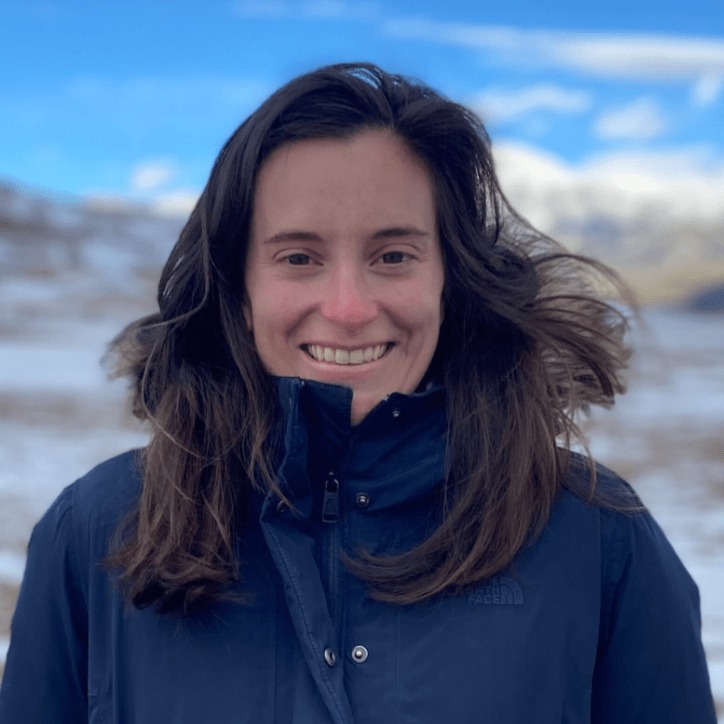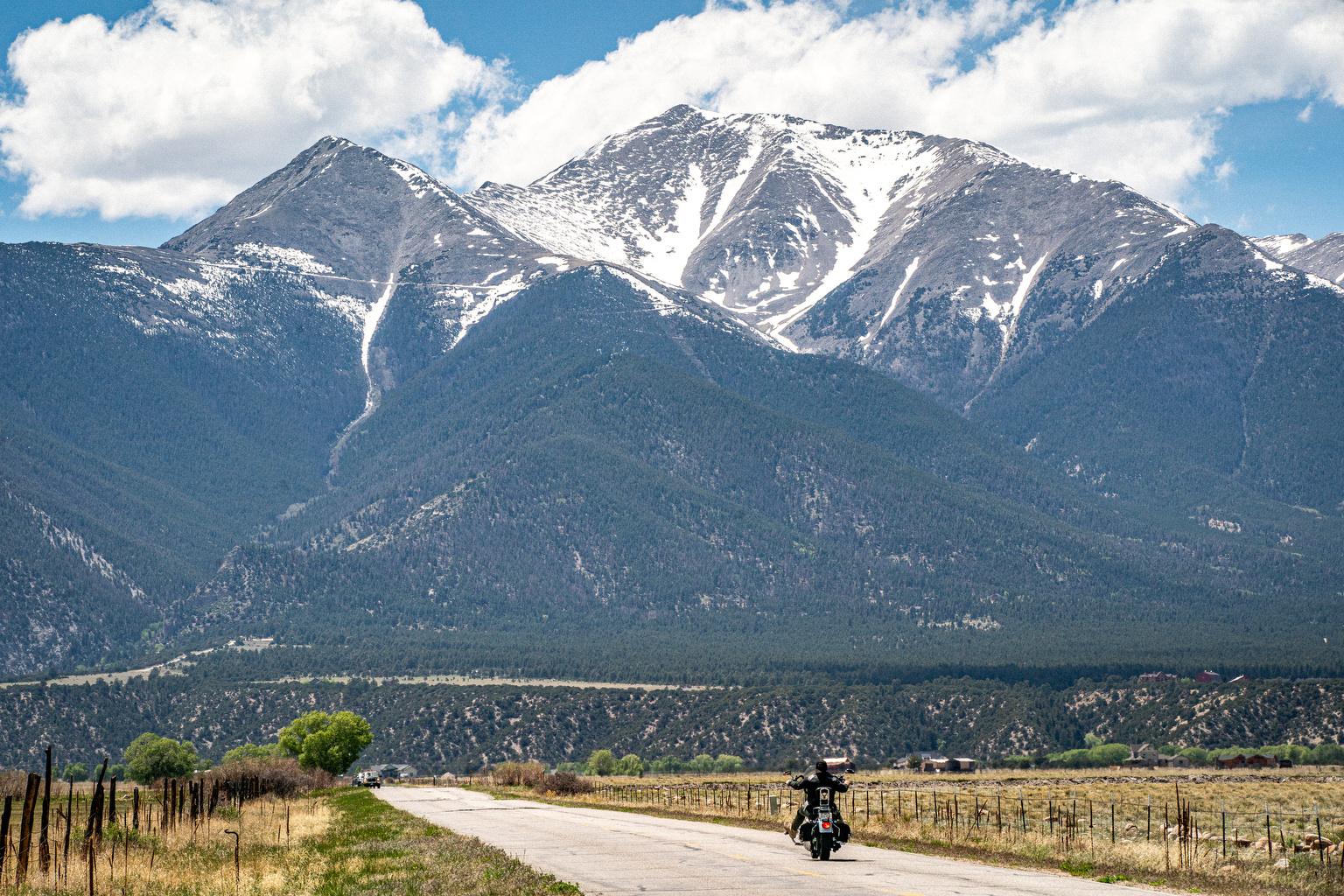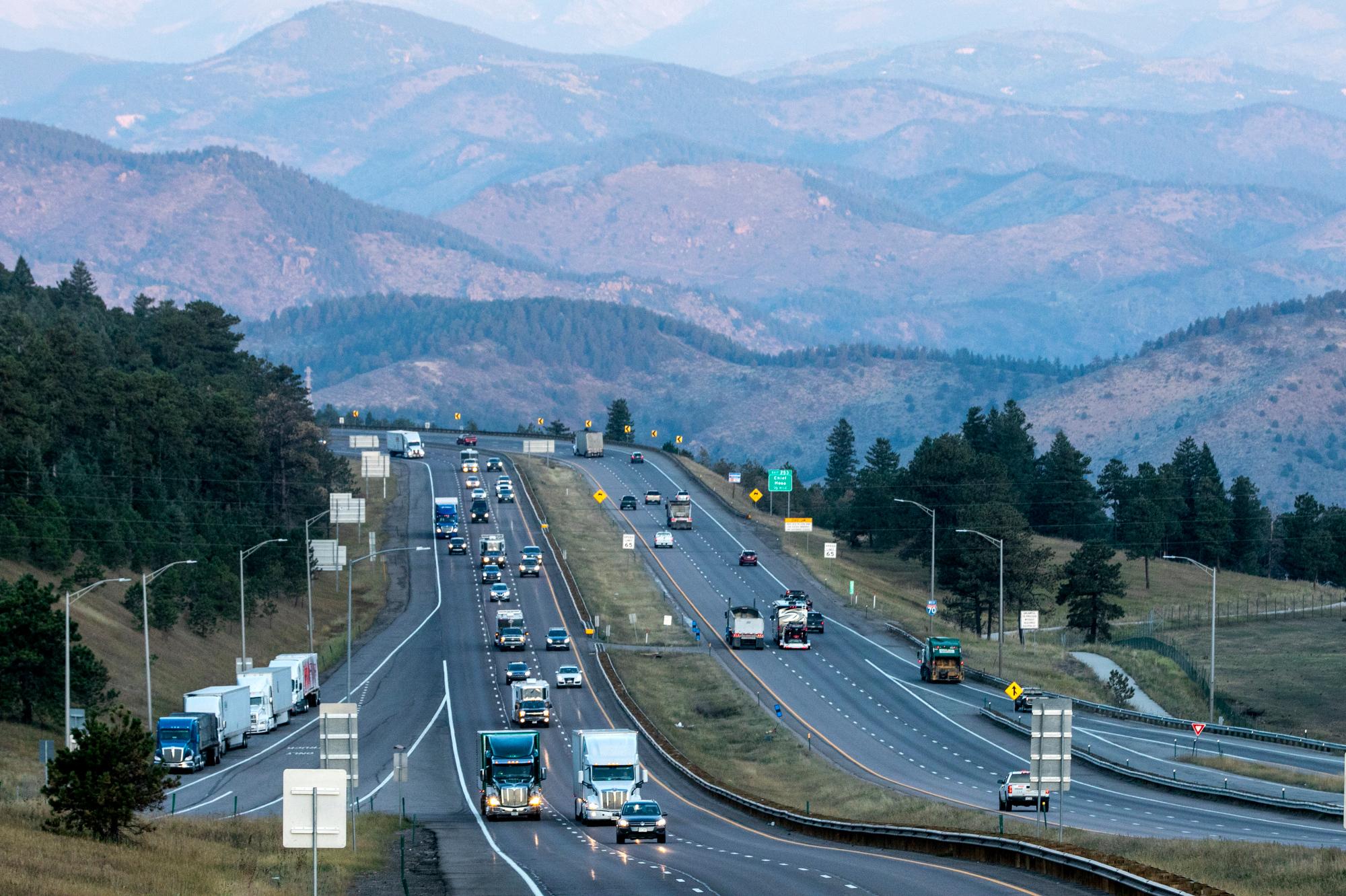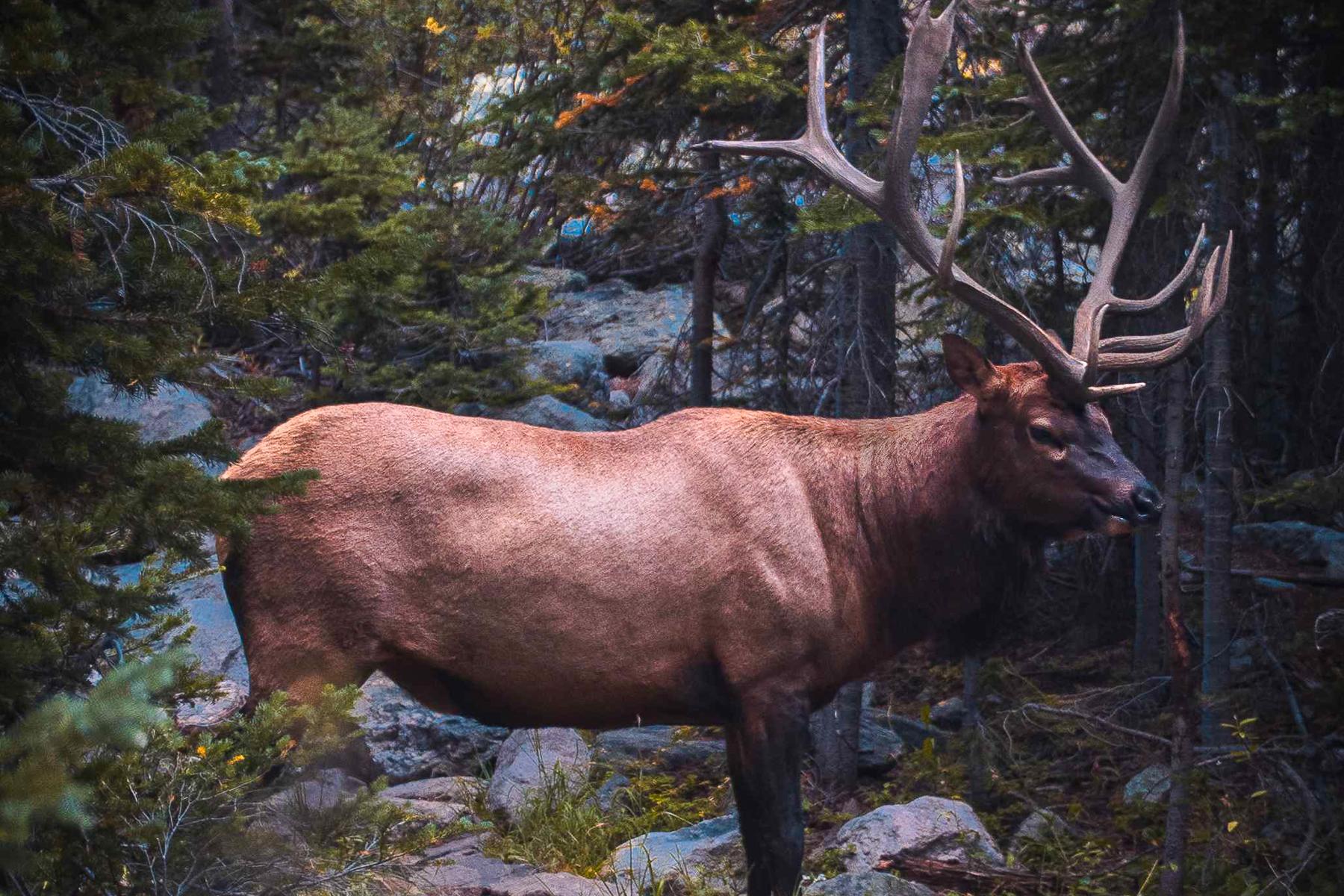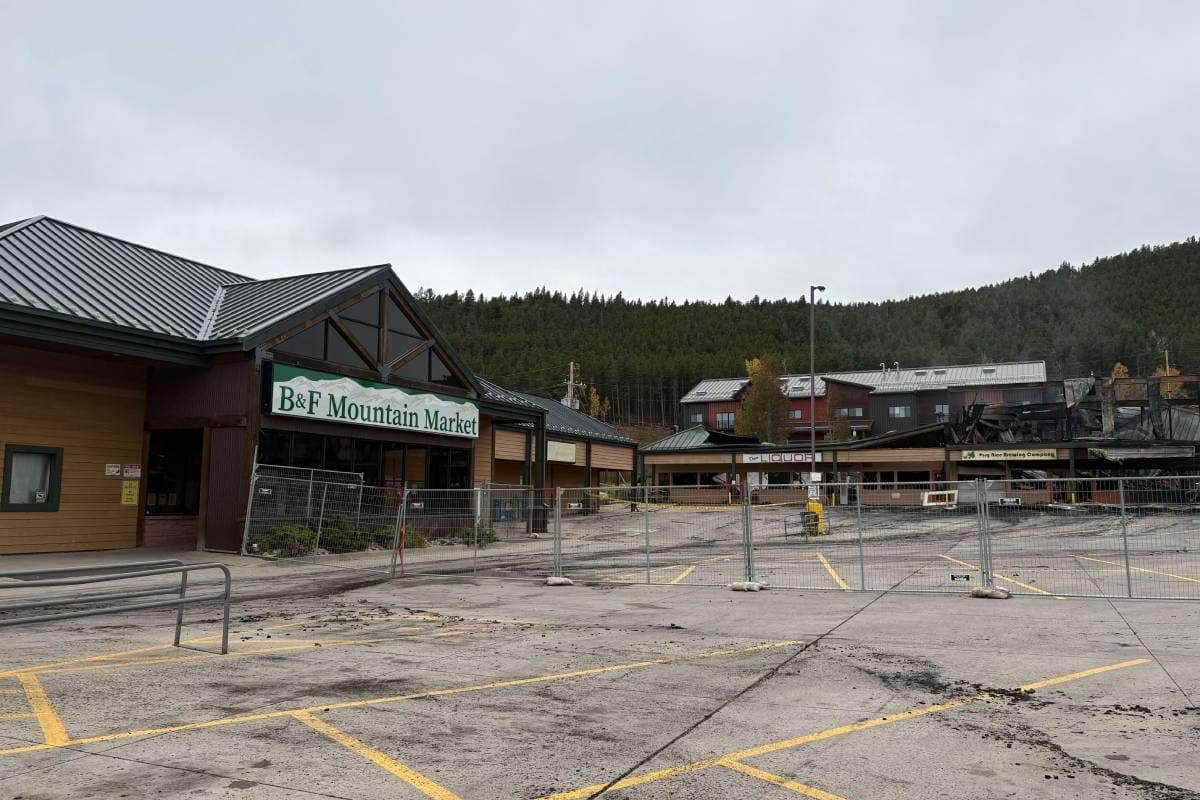
This story was produced as part of the Colorado Capitol News Alliance. It first appeared at coloradosun.com.
At least 17 Democratic state lawmakers gathered with lobbyists during a weekend retreat at a Vail hotel organized by the nonprofit Colorado Opportunity Caucus.
The two-day gathering included “educational panels” and discussions, according to state Sen. Lindsey Daugherty, an Arvada Democrat who is chair of the caucus formed in January as a nonprofit. She said the purpose of the event was to “get a group of pragmatic, diverse legislators together to really talk about our goals for our caucus based on what we think the Colorado people really want and need.”
Members of the Opportunity Caucus are considered among the more moderate Democrats in the legislature. The retreat the weekend of Oct. 4 has stoked ire among Capitol progressives, who are quietly asking questions about who funded the gathering and its intent.
The Democratic lawmakers who attended the retreat included Daugherty and Sens. Marc Snyder of Manitou Springs, Kyle Mullica of Thornton, Judy Amabile of Boulder, Dylan Roberts of Frisco and Dafna Michaelson Jenet of Commerce City. Also there were Reps. Tisha Mauro of Pueblo, William Lindstedt of Broomfield, Michael Carter of Aurora, Jacque Phillips of Thornton, Meghan Lukens of Steamboat Springs, Matthew Martinez of Monte Vista, Katie Stewart of Durango, Sean Camacho of Denver, Rebekah Stewart of Lakewood, Karen McCormick of Longmont, and Cecelia Espenoza of Denver.
Lobbyist Jason Hopfer — whose clients include the Colorado Association of Realtors, Xcel Energy, the private prison contractor GEO Group, and the Denver-based tech company Ibotta — attended the retreat. Other lobbyists present included Patrick Boyle, whose clients include the cities of Cherry Hills Village and Greenwood Village and the Colorado Restaurant Association; Katie March, who represents GoWest Credit Union Association; and Brian Tanner, vice president of public policy for the Colorado Association of Realtors.
The Colorado Sun confirmed who was there using photos taken by someone who spotted the group in Vail.
Daugherty said lodging, food and drink for the lawmakers who participated in the retreat — at least part of which was held at the ritzy Sonnenalp Hotel — were paid for by the Opportunity Caucus.
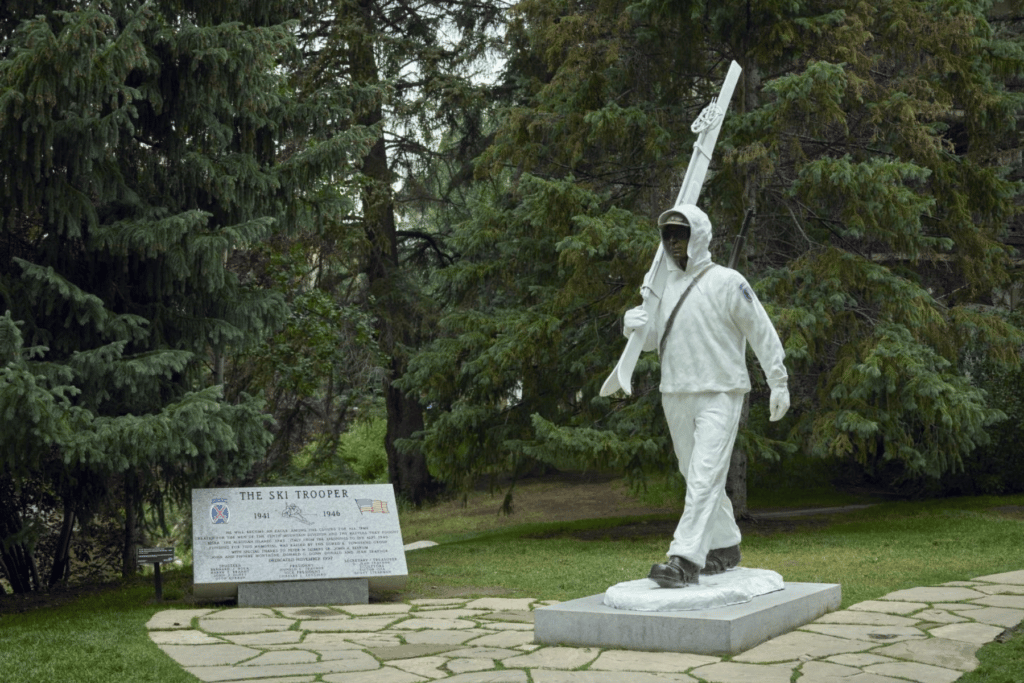
As a nonprofit, the Opportunity Caucus doesn’t have to report its donors. Nonprofits file annual financial forms, called 990s, that generally only include their total revenue, expenses, assets and liabilities.
Daugherty declined to name the group’s donors after being asked by The Sun, but she said they include business and environmental groups, as well as nonprofits. She also said members of the caucus pay dues.
“I don’t want to focus on who paid for it or the donors,” she said. “We were able to make sure that this group of legislators could come together to talk about what the Colorado people really need action on and how to keep the state blue.”
“We will file all the appropriate paperwork when we need to,” she added, referring to the group’s annual 990 tax form.
Dougherty pitched the gathering as a way to combat what she worries is the state’s drift away from Democratic control. She said the group wants to focus on “affordability, accessibility and accountability.”
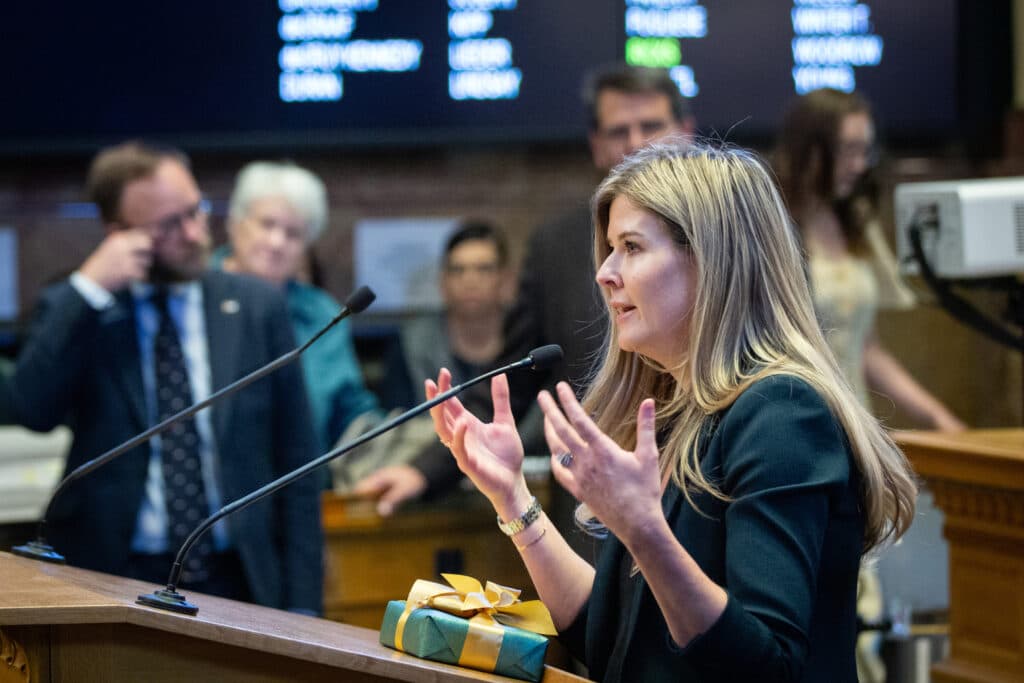
“We are really, really concerned about the messaging and the Democratic Party as a whole, and we want to make sure that we continue to keep this state blue,” she said. “I’m proud of what we’re building, and I’m proud of the support that we have gotten so far. I think it shows that people really want legislators to work on the problems that the majority of our constituents are feeling right now.”
She said the lobbyists who attended were part of the “educational component of the retreat.”
Hopfer, in a statement to The Sun, said he has participated in events held by the Democratic and Republican caucuses, as well as the legislature’s Black and Latino caucuses.
“I am happy to participate and help educate legislators at any caucus event,” he said.
Colorado’s ethics laws for lawmakers
Colorado’s constitution prohibits elected officials from receiving gifts valued at more than $75, including for travel and entertainment.
But there are exceptions to the state’s gift ban, which was imposed by Amendment 41, a change approved by voters in 2006 and championed by Jared Polis, who at the time was a member of the state board of education. Polis is now governor.
If a lawmaker is a scheduled speaker at an event, they can accept free admission, as well as food and beverages. A lawmaker who is a scheduled speaker or participant at an event can also have a nonprofit organization pay for their “reasonable expenses,” but only if the nonprofit receives less than 5% of its funding from for-profit organizations.
Amendment 41 also bans lobbyists from giving any gift or paying for any meal or beverage for an elected official.
Daugherty said a lawyer, Scott Martinez, attended the retreat and ensured its legality. Martinez is a high-powered Democratic campaign finance expert who used to be Denver’s city attorney.
“We’re a 501(c)(4) organization, and we invited members to a training and educational event,” Daugherty said.
The state’s Independent Ethics Commission, created under Amendment 41, said last week that the commission had not received any inquiries about the Vail retreat.
Wynn Howell, state director of the Colorado Working Families Party, a liberal group, blasted the retreat.
“This is what corporate corruption in our state legislature looks like,” Howell said. “These are exactly the kind of behind-closed-doors, big money special interest politics that alienate voters and erode trust in our democracy.”
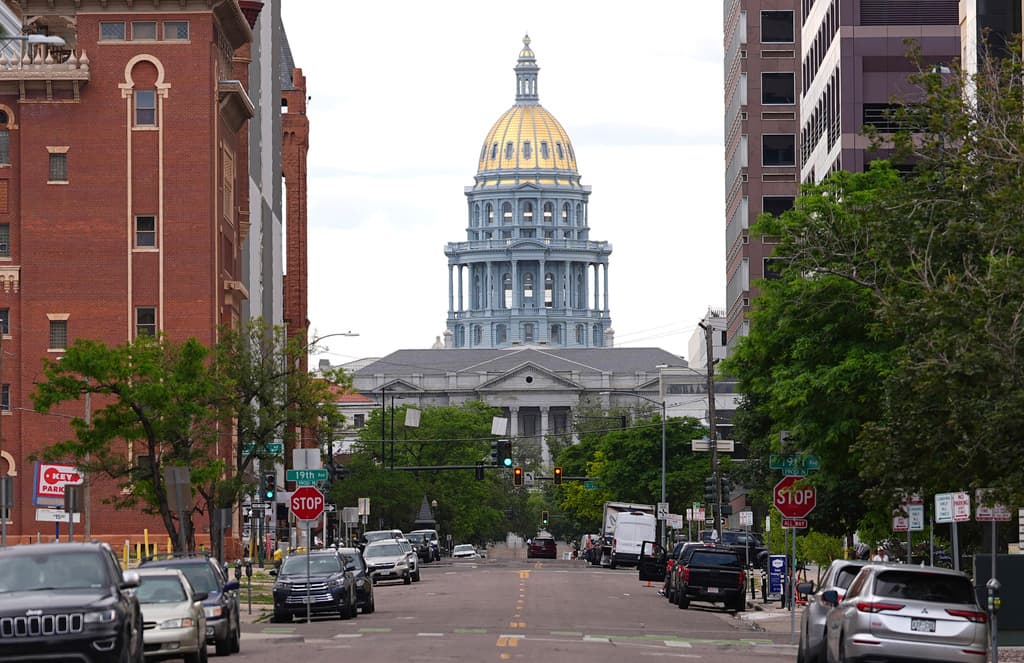
Aly Belknap, executive director of Colorado Common Cause, a nonprofit that helped pass Amendment 41 and generally advocates for open government, said the organization is concerned about the Vail retreat.
“We see this as a way to circumvent what should be a pretty clear cut example of why gifts are not given to legislators by lobbyists and people trying to affect the policymaking process,” she said.
The Opportunity Caucus formed with the help of another nonprofit political organization called One Main Street Colorado, according to the group’s director, Andrew Short. Short said the Vail retreat was not hosted by One Main Street, and that the Opportunity Caucus is a separate, independent organization.
“They have their own board, set their own agenda, raise their own funds — and One Main Street is not involved in their operations or decision-making,” he said.
Emails obtained by The Sun, however, show that One Main Street Colorado’s director of advocacy and leadership, Katharine Marrs, helped coordinate the Vail retreat with caucus members.
Marrs is also listed as the registered agent for the Colorado Opportunity Caucus nonprofit.
Short said Marrs’ work for the caucus was an in-kind donation from One Main Street.
Like the Opportunity Caucus, One Main Street has in the past declined to name most of its donors and has riled progressives in recent years by backing more moderate candidates in Democratic legislative primaries.
State Rep. Shannon Bird of Westminster, who was the caucus’ founding chair, did not attend the Vail retreat and did not respond to requests for comment. She’s running for Congress in the 8th Congressional District.
Other nonprofit caucuses at the legislature
The Opportunity Caucus isn’t the only state legislative caucus that operates as a nonprofit.
The Colorado Democratic Latino Caucus nonprofit reported raising $38,284 in 2024 and spending $83,014. The group raised $313,481 between 2020 and the end of last year.
The nonprofit didn’t disclose its donors in its 990 tax form. But when asked by The Sun, the caucus released a list of donors who gave at least $1,000 this year and last. It includes Amazon, Deloitte Consulting, SalesForce, the Colorado Beverage Association, Xcel Energy, DaVita, Sewald & Hanfling Public Affairs, and the Colorado Hospital Association.
Caucus co-chair Julie Gonzales, a Democratic state senator from Denver, said the caucus’ revenue also includes member dues.

“As a 501(c)(3) nonprofit, the Colorado Democratic Latino Caucus has been intentional in maintaining clear boundaries between its official activities and the partisan electoral activities of its members,” the caucus said in a written statement. “CDLC exists to facilitate the work of its members within the legislature and connect Latino community with the legislature. We do not engage in electioneering of any kind. As a 501(c)(3) we have no requirement to disclose our donors, but are choosing to do so in the spirit of transparency.”
Some members of the Latino Caucus are also members of the Opportunity Caucus.
The Black Democratic Legislative Caucus of Colorado is also a nonprofit. Its 990 form isn’t publicly available. The group’s executive director, Ashleè Wedgeworth, said that she couldn’t share the tax document until she met with the group’s accountant.
Nonprofits are required by law to share their 990 forms upon request if they aren’t publicly posted.
In some years, dating back to 2012, the Black Caucus didn’t file a full 990 form because it received less than $50,000 in donations.
Wedgeworth shared a list of the caucus’ 2025 donors with The Sun after being asked. They include the Colorado Beverage Association, Colorado Restaurant Association, Amazon, Xcel Energy, Brandeberry McKenna Public Affairs and Sysco.
The Opportunity Caucus is so new that it hasn’t filed a 990 form yet.

Colorado Capitol Alliance
This story was produced by the Capitol News Alliance, a collaboration between KUNC News, Colorado Public Radio, Rocky Mountain PBS, and The Colorado Sun, and shared with Rocky Mountain Community Radio and other news organizations across the state. Funding for the Alliance is provided in part by the Corporation for Public Broadcasting.
